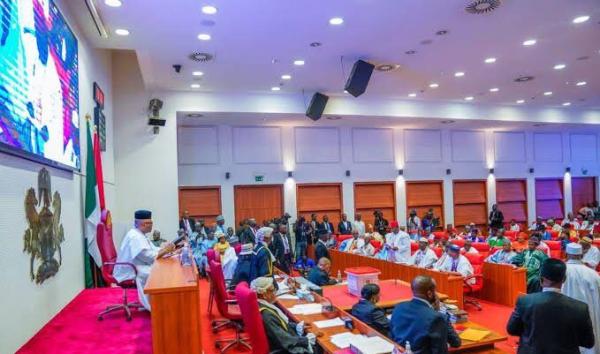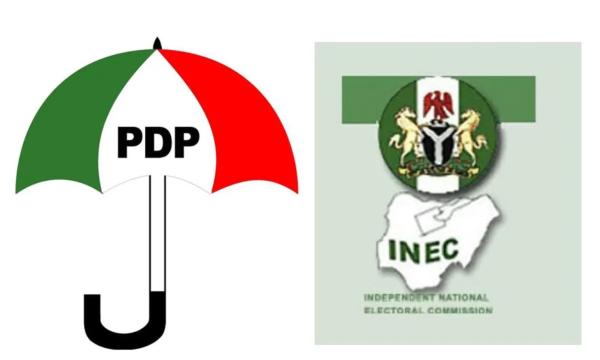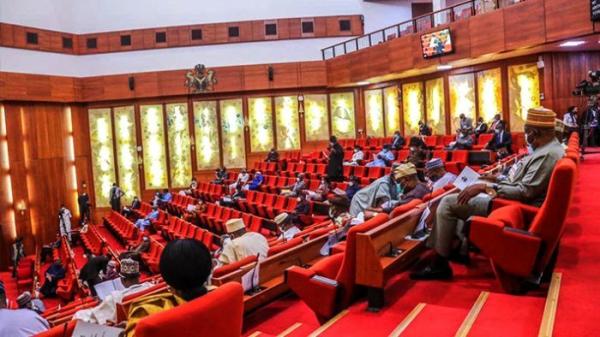
The Senate has approved the electricity Act (Amendment) Bill, 2025 through second reading in a move to rescue the country’s ailing power sector from looming collapse.
Sponsored by Senator Enyinnaya Abaribe (Abia South), the amendment seeks to overhaul the 2023 Electricity Act by addressing regulatory gaps as some lawmakers propose capital punishment for vandals.
Leading the debate, Senator Abaribe, who also chairs the Senate Committee on Power, warned that the country’s electricity industry is buckling under the weight of inefficiencies and financial mismanagement as the Federal Government is currently indebted to the tune of over ₦4 trillion in the power sector.
He noted that the current law contains minimal penalties for offenders, has not been fully operationalised, and lacks clarity on key regulatory provisions, especially regarding funding, labour rights in essential services and the role of state governments following recent constitutional reforms.
“Electricity is an essential service. No one should hold the country to ransom under the guise of a strike. We must remove ambiguities and make the law implementable,” he stated.
Abaribe also criticised the refusal of some electricity distribution companies to pay for power supplied, further compounding the sector’s instability.
In support of the bill, Senator Adamu Aliero, expressed concern over continued federal expenditure on the privatised power sector.
He criticised the financial burden still being carried by the government despite the privatisation of generation and distribution companies (GenCos and DisCos), recommending capital punishment for saboteurs of national assets.
“We’ve privatized power, yet trillions of naira are still being spent on behalf of private companies. More importantly, the growing threat of vandalism must be addressed. Vandals are sabotaging national assets and should face capital punishment if necessary,” Aliero said.
The bill proposes a range of reforms, including:
* Criminalizing electricity infrastructure vandalism;
* Clarifying the transfer of regulatory power from NERC to state governments;
* Enhancing the operationalisation of the Electricity Consumer Assistance Fund;
* Strengthening penalties and institutional oversight.
The amendment which scaled second reading has been referred to the committee on power to report back within 6 weeks.






















